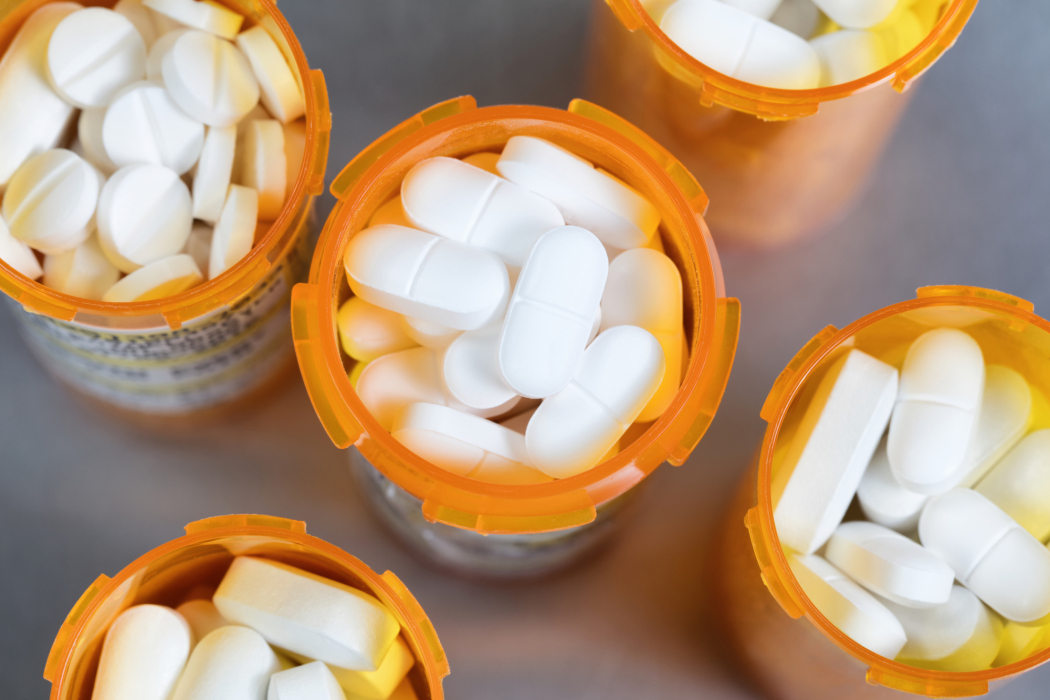Drug Overdoses Soaring
The number of Americans who died from drug overdoses soared in 2017, according to preliminary data rYou must Subscribe or log in to read the rest of this content.
The number of Americans who died from drug overdoses soared in 2017, according to preliminary data r
